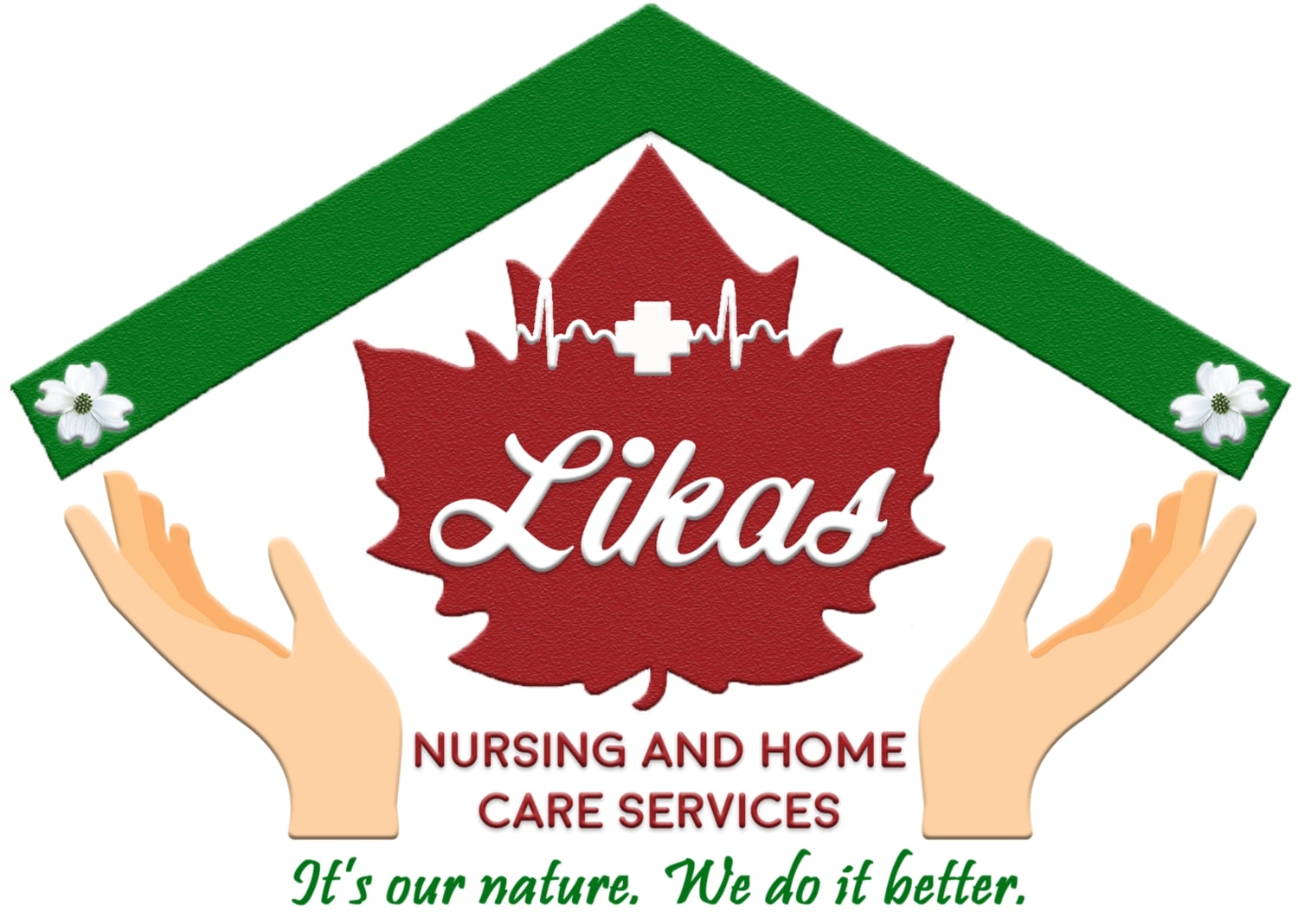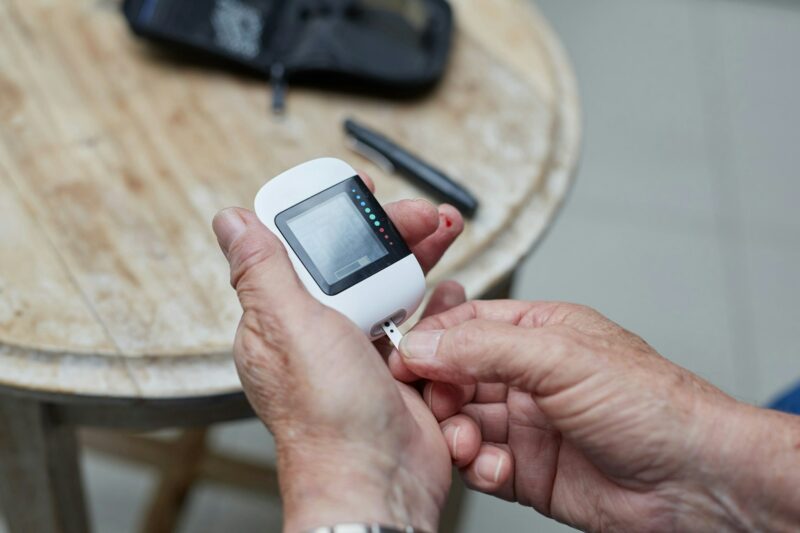
Heart disease in the elderly is a growing concern. While many people think of heart issues as a problem for younger adults, the reality is starkly different. Older adults face unique risks that can lead to serious health complications. Understanding these risks is crucial for prevention and management.
Many seniors may not recognize the signs early on. This lack of awareness can lead to dire consequences. Knowledge about heart disease can empower families and caregivers to take action. Lifestyle changes, regular check-ups, and proper medication can make a significant difference. It’s time to shift the focus and prioritize heart health in our aging population. Awareness is the first step toward better outcomes.
Understanding Heart Health in Aging
Heart Health Importance
Heart health refers to the overall condition and functionality of the heart. It is crucial for everyone, especially for the elderly. As people age, cardiac aging can lead to various heart conditions. A healthy adult heart pumps blood efficiently. This efficiency is vital for delivering oxygen and nutrients throughout the body.
Older adults often face higher risks of heart disease. Conditions such as hypertension and coronary artery disease become more common with age. Maintaining heart health can significantly impact longevity and quality of life.
Impact of Aging on Cardiovascular Health
Aging affects cardiovascular health in multiple ways. Normal aging leads to changes in the heart’s structure and function. The heart may become stiffer and less efficient at pumping blood. This condition is referred to as arterial aging.
Physiological aging also impacts blood vessels. They can lose elasticity, leading to increased blood pressure. An aged heart may not respond well to physical activity or stress. These changes can increase the risk of heart-related issues.
Research shows that seniors often experience a decline in cardiovascular functionality. For instance, studies indicate that older adults are more likely to develop heart failure or arrhythmias. These conditions can worsen if not managed properly.
Heart Health and Quality of Life
The relationship between heart health and quality of life in seniors is significant. A healthy heart contributes to better physical abilities. Seniors with good heart health can engage in daily activities more easily.
Cognitive health also connects with heart health. Poor cardiovascular health can lead to cognitive decline, including memory loss and confusion. Studies show that individuals with heart disease are at a higher risk for dementia.
Maintaining a strong heart improves overall well-being. It enhances mobility, independence, and emotional health. Seniors with better heart health tend to report higher satisfaction in life.
How the Heart Changes with Age
Physical Activity Response
The heart’s ability to respond to physical activity diminishes with age. Older adults often experience a reduced heart rate response during exercise. This means the heart does not pump blood as efficiently as it once did. The maximum heart rate decreases, limiting the amount of oxygen delivered to muscles.
Many older adults find that they tire more easily during physical activity. This can lead to decreased motivation for exercise. Regular movement becomes harder due to these cardiovascular changes. Staying active is crucial, yet many face challenges.
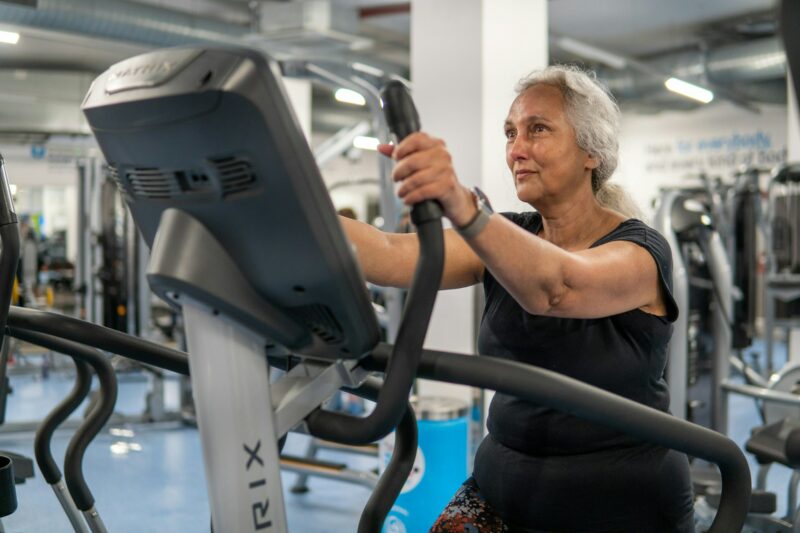
Structural Changes
Structural changes occur in the heart over time. One significant change is the thickening of the heart wall. This thickening happens due to increased pressure and workload on the heart. As people age, their hearts may also become stiffer.
These changes can lead to myocardial deterioration. The heart muscle may lose some of its elasticity, making it less able to expand and contract effectively. These structural changes impact overall heart function, leading to potential health issues.
Valve Stiffness
Valve stiffness presents another challenge for older adults. The heart has four valves that control blood flow direction. Over time, these valves can harden and narrow. This condition is known as aortic stenosis.
Stiff valves affect blood circulation significantly. Blood may not flow as smoothly through the heart, leading to increased pressure within the chambers. Older adults may experience symptoms like fatigue, shortness of breath, or chest pain due to this condition.
Regular check-ups are essential for monitoring valve health. Doctors can assess how well the valves are functioning and recommend treatments if needed.
Common Heart Diseases in Older Adults
Arteriosclerosis
Arteriosclerosis is a common heart condition among the elderly. This disease causes the arteries to thicken and stiffen. As a result, blood flow becomes restricted. This can lead to serious complications, such as heart attacks or strokes. Statistics show that nearly 70% of older adults have some form of arteriosclerosis.
Heart Attacks
Heart attacks are another significant risk for older adults. The heart muscle may not receive enough blood due to blocked arteries. Symptoms can vary widely. Some people experience severe chest pain, while others feel only mild discomfort or shortness of breath. Recognizing these symptoms is crucial since they may not always be apparent.
Chronic Heart Failure
Chronic heart failure affects many older adults. It occurs when the heart cannot pump enough blood to meet the body’s needs. Symptoms include fatigue, swelling in the legs, and difficulty breathing. According to the American Heart Association, about 6 million Americans live with this condition.
Cardiovascular Diseases
Cardiovascular diseases encompass various disorders affecting the heart and blood vessels. These include coronary heart disease and arrhythmias. Older adults often face increased risks due to age-related changes in their cardiovascular system. Regular check-ups can help detect these issues early.
Gender Differences
Men and women often exhibit different symptoms for heart diseases. Men typically experience classic signs like chest pain and pressure during a heart attack. Women may present with less typical symptoms, such as nausea or extreme fatigue. This difference can lead to misdiagnosis in women, making awareness vital.
Cardiovascular Risk Factors
Several cardiovascular risk factors contribute to heart disease in older adults. High blood pressure, high cholesterol, diabetes, and obesity are common culprits. Lifestyle choices also play a role, such as smoking and lack of exercise. Understanding these factors helps in prevention efforts.
Importance of Awareness
Awareness of these diseases is essential for older adults and their caregivers. Many may not recognize symptoms until it’s too late. Regular screenings and discussions with healthcare providers can help catch potential issues early.
Recognizing Symptoms of Heart Issues
Common Symptoms
Seniors often show various symptoms of heart disease. These signs can be subtle or severe. Common symptoms include chest pain, shortness of breath, and fatigue. Many may also experience lightheadedness or dizziness.
A heart attack can present differently in older adults. Some may feel discomfort in the arms, back, neck, or jaw. Others might notice unusual sweating or nausea. Recognizing these symptoms is crucial for timely treatment.
Unusual Sensations
Paying attention to unusual bodily sensations is important. Fluttering or skipped beats can signal cardiac dysfunction. Many seniors dismiss these feelings as normal aging. This can lead to serious health problems if ignored.
If someone experiences persistent palpitations, they should seek medical advice. These sensations could indicate a more serious underlying issue. Monitoring these changes can help prevent complications.
Regular Consultations
Regular medical consultations are key for maintaining heart health. Seniors should have routine check-ups to monitor their cardiac risk factors. Doctors can assess blood pressure, cholesterol levels, and other indicators.
Understanding personal risk factors is essential. Family history, lifestyle choices, and existing health conditions all play a role in heart disease. By discussing these with a healthcare provider, seniors can develop a proactive plan.
Importance of Awareness
Awareness of risk factors helps in prevention. Factors such as obesity, smoking, and diabetes increase the likelihood of heart issues. Seniors need to be informed about how these elements affect their heart health.
Lifestyle changes can reduce risks significantly. Eating a balanced diet and staying active can improve overall health. Engaging in regular exercise strengthens the heart and enhances well-being.
Emotional Impact
The emotional effects of heart disease cannot be overlooked. Seniors may feel anxious or depressed after experiencing symptoms or diagnoses. Support from family and friends plays a critical role in coping with these feelings.
Discussing concerns with loved ones fosters understanding and support. Connecting with others who face similar challenges can also provide comfort.
Diagnostic Tests for Heart Conditions
Blood Tests
Blood tests play a crucial role in assessing heart health. These tests check for cholesterol levels and markers for heart damage. High cholesterol can lead to cardiovascular diseases. Elevated levels of certain proteins indicate potential heart issues. Regular blood tests help monitor risk factors effectively.
Electrocardiogram (ECG)
An electrocardiogram measures the heart’s electrical activity. It detects irregularities in heart rhythm and signs of previous heart attacks. This test is quick and painless. An ECG provides valuable information about cardiac functionality. Doctors often recommend this test during routine checkups.
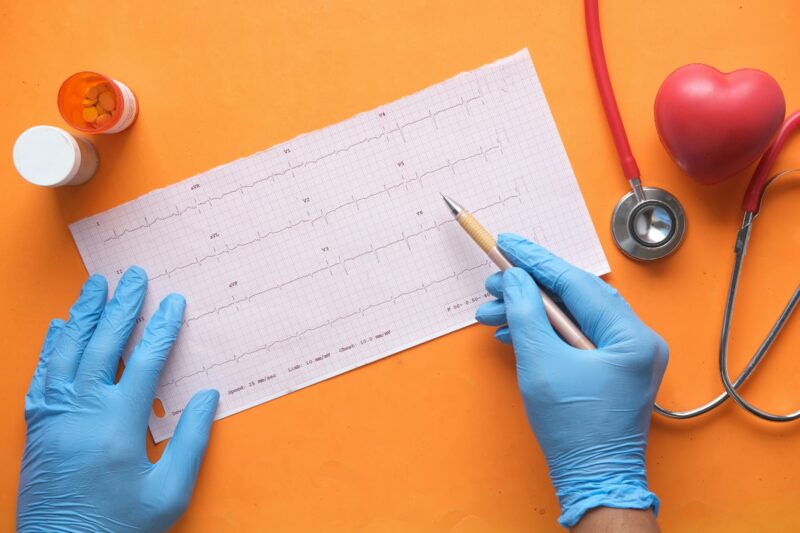
Echocardiogram
An echocardiogram uses sound waves to create images of the heart. It shows the size, shape, and function of the heart chambers. This test can identify conditions like heart valve problems or cardiomyopathy. Understanding these conditions helps doctors develop appropriate treatments.
Stress Test
A stress test evaluates how the heart performs under physical exertion. Patients walk on a treadmill while monitoring their heart rate and rhythm. This test reveals how well the heart handles stress. It is especially useful for identifying conditions that may not appear at rest.
Holter Monitor
A Holter monitor records the heart’s activity over 24 hours or more. Patients wear this portable device during daily activities. It captures any irregularities that may occur throughout the day. This test is beneficial for detecting intermittent arrhythmias.
Role of Routine Checkups
Routine checkups are vital for early detection of heart issues. During these visits, doctors assess risk factors like blood pressure and cholesterol levels. They can recommend necessary diagnostic tests based on findings. Early detection often leads to better treatment outcomes.
Insights from Diagnostic Tests
Specific tests provide insights into heart function and risk factors. For example, an echocardiogram highlights structural issues in the heart. Blood tests reveal lipid profiles that indicate risks for cardiovascular diseases. Understanding these results allows doctors to tailor treatments effectively.
Importance for Women
Heart disease affects women differently than men, making specific testing essential. Women may experience different symptoms or risk factors related to their condition. Tailored diagnostic approaches ensure that healthcare providers address these unique needs.
Managing Blood Pressure and Cholesterol
Importance of Blood Pressure
Maintaining healthy blood pressure levels is crucial for older adults. High blood pressure, or hypertension, can lead to serious health issues. It increases the risk of heart disease and stroke. Regular monitoring helps identify potential problems early.
Older adults should check their blood pressure at least once a year. Those with high blood pressure may need more frequent checks. Keeping blood pressure in a healthy range reduces strain on the heart and blood vessels.
Regular Cholesterol Testing
Regular cholesterol testing is essential for managing heart disease risk. High cholesterol can block arteries and reduce blood flow. This condition increases the likelihood of heart attacks and strokes.
Adults over 20 should have their cholesterol levels checked every four to six years. If someone has risk factors like diabetes or obesity, testing should occur more often. Knowing cholesterol levels allows for better management through diet and medications.
Lifestyle Changes
Making lifestyle changes can significantly impact blood pressure and cholesterol levels. A balanced diet rich in fruits, vegetables, and whole grains promotes heart health. Reducing salt intake can help manage blood pressure effectively.
Regular physical activity is also vital. Resistance training builds muscle and improves metabolism. Aim for at least 150 minutes of moderate exercise each week. Quitting smoking further lowers risks associated with high blood pressure and cholesterol.
Medications for Management
etimes, lifestyle changes alone are not enough. Medications may be necessary to control hypertension and cholesterol levels. Doctors often prescribe statins to lower cholesterol effectively.
For high blood pressure, various medications may be used. These include diuretics, ACE inhibitors, and beta-blockers. Each medication works differently to help manage these conditions.
Stress Management
Managing stress plays a significant role in controlling both blood pressure and cholesterol levels. Chronic stress can lead to unhealthy habits, such as overeating or smoking. Practicing relaxation techniques can help reduce stress.
Activities like yoga, meditation, or deep breathing exercises can improve overall well-being. Finding enjoyable hobbies also aids in stress relief.
Maintaining a Healthy Weight
Achieving and maintaining a healthy weight is critical for older adults. Obesity increases the risk of high blood pressure and high cholesterol. A combination of diet and exercise helps in weight management.
Tracking food intake can provide insights into eating habits. Setting realistic goals makes it easier to stay motivated on the path to better health.
Preventing Heart Disease in Seniors
Healthy Eating
Seniors should focus on healthy eating to reduce heart disease risk. A balanced diet includes fruits, vegetables, whole grains, and lean proteins. Foods high in fiber help lower cholesterol levels. Limiting salt and sugar intake also supports heart health.
Elderly adults can benefit from smaller, more frequent meals. This approach helps maintain energy levels throughout the day. Incorporating healthy fats, like those found in fish, nuts, and olive oil, is crucial. These fats support cardiovascular health.
Physical Activity
Regular physical activity is essential for elderly patients. Engaging in at least 150 minutes of moderate exercise each week can significantly reduce heart attack risk. Activities like walking, swimming, or yoga can be both enjoyable and beneficial.
Strength training is also important for seniors. It helps maintain muscle mass and improves overall body function. Even light activities, such as gardening or stretching, contribute positively to heart health.
Health Screenings
Routine health screenings play a vital role in preventing cardiovascular disease. Seniors should have regular check-ups to monitor blood pressure and cholesterol levels. Early detection of potential issues allows for timely intervention.
Doctors may recommend additional tests based on individual risk factors. These screenings can help identify conditions before they become serious problems. Regular visits to healthcare providers ensure that elderly patients stay informed about their heart health.
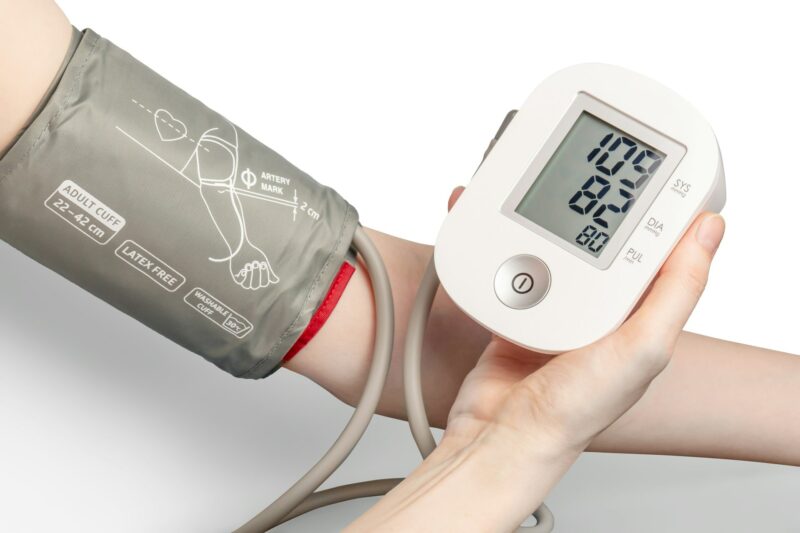
Social Support
The role of social support cannot be overlooked. Having a strong network of family and friends encourages healthy habits among the elderly population. Participating in group activities promotes physical activity and emotional well-being.
Community resources also offer valuable support for seniors. Many local organizations provide fitness classes tailored for older adults. These programs foster connections while promoting a heart-healthy lifestyle.
Sleep Quality
Quality sleep is crucial for maintaining a healthy body and mind. Seniors often face sleep challenges that can impact heart health. Poor sleep quality may increase the risk of hypertension and other cardiovascular issues.
Establishing a bedtime routine can improve sleep patterns. This routine may include winding down with calming activities like reading or gentle stretching before bed.
Advances in Heart Health Research
Recent Breakthroughs
Recent studies show significant progress in heart health research for the elderly. Scientists have identified key factors that influence cardiovascular risks. These include lifestyle choices like diet and physical activity. Research indicates that certain foods can provide cardioprotective benefits. For example, diets rich in omega-3 fatty acids may improve cardiovascular disease outcomes.
Another breakthrough involves understanding the role of inflammation in heart disease. Researchers found that chronic inflammation can damage arteries over time. This damage increases the risk of heart attacks and strokes. New treatments aim to reduce inflammation, potentially improving heart health in seniors.
Innovative Treatments
Innovative technologies are changing how we approach cardiovascular care. Wearable devices now monitor heart rates and rhythms continuously. These devices alert users to irregularities, allowing for timely medical intervention. Telehealth services also offer remote consultations, making it easier for seniors to receive care.
Medications have evolved as well. New drugs target specific pathways involved in heart disease. They help manage conditions like hypertension and high cholesterol more effectively. Clinical trials are underway to explore novel therapies that may further enhance cardiovascular effects.
Future Directions
Future research will likely focus on personalized medicine. This approach tailors treatments based on individual genetic profiles and lifestyle factors. Understanding how genetics influence cardiovascular risk can lead to better prevention strategies.
Studies are also exploring the connection between heart health and other organs, such as the brain and kidneys. Poor cardiovascular health can affect cognitive function and kidney performance in the elderly. Addressing these interconnected issues may improve overall well-being.
Moreover, public health initiatives are crucial for raising awareness about heart disease among seniors. Educating older adults on maintaining a healthy lifestyle can significantly impact their cardiovascular health.
Closing Thoughts
Heart disease is a significant concern for the elderly. Understanding how your heart changes with age and recognizing symptoms early can save lives. By managing blood pressure and cholesterol, you can prevent many heart issues. Advances in research are paving the way for better treatments, but knowledge is your first line of defense.
Stay proactive about your heart health. Regular check-ups and a healthy lifestyle can make a difference. Share this information with friends and family to raise awareness. Together, you can support each other in living healthier, longer lives. Don’t wait—take charge of your heart health today!
Frequently Asked Questions
What are the common heart diseases in elderly individuals?
Common heart diseases in older adults include coronary artery disease, heart failure, arrhythmias, and valvular heart disease. These conditions can significantly impact health and quality of life.
How does aging affect heart health?
As we age, the heart’s structure changes. Blood vessels may stiffen, and the heart may become less efficient. This increases the risk of various heart conditions.
What symptoms should seniors watch for regarding heart issues?
Seniors should be alert for symptoms like chest pain, shortness of breath, fatigue, and irregular heartbeat. Recognizing these signs early can lead to timely medical intervention.
What diagnostic tests are used for heart conditions in the elderly?
Common diagnostic tests include electrocardiograms (ECGs), echocardiograms, stress tests, and blood tests. These help assess heart function and identify potential problems.
How can seniors manage blood pressure and cholesterol effectively?
Seniors can manage blood pressure and cholesterol through a healthy diet, regular exercise, medication adherence, and routine check-ups with their healthcare provider.
What preventive measures can help reduce heart disease risk in seniors?
Preventive measures include maintaining a balanced diet, engaging in regular physical activity, avoiding tobacco, managing stress, and controlling other health conditions like diabetes.
Are there recent advances in heart health research for older adults?
Yes, recent research focuses on personalized medicine, improved diagnostic techniques, and innovative treatments that enhance heart health outcomes specifically for older adults.
